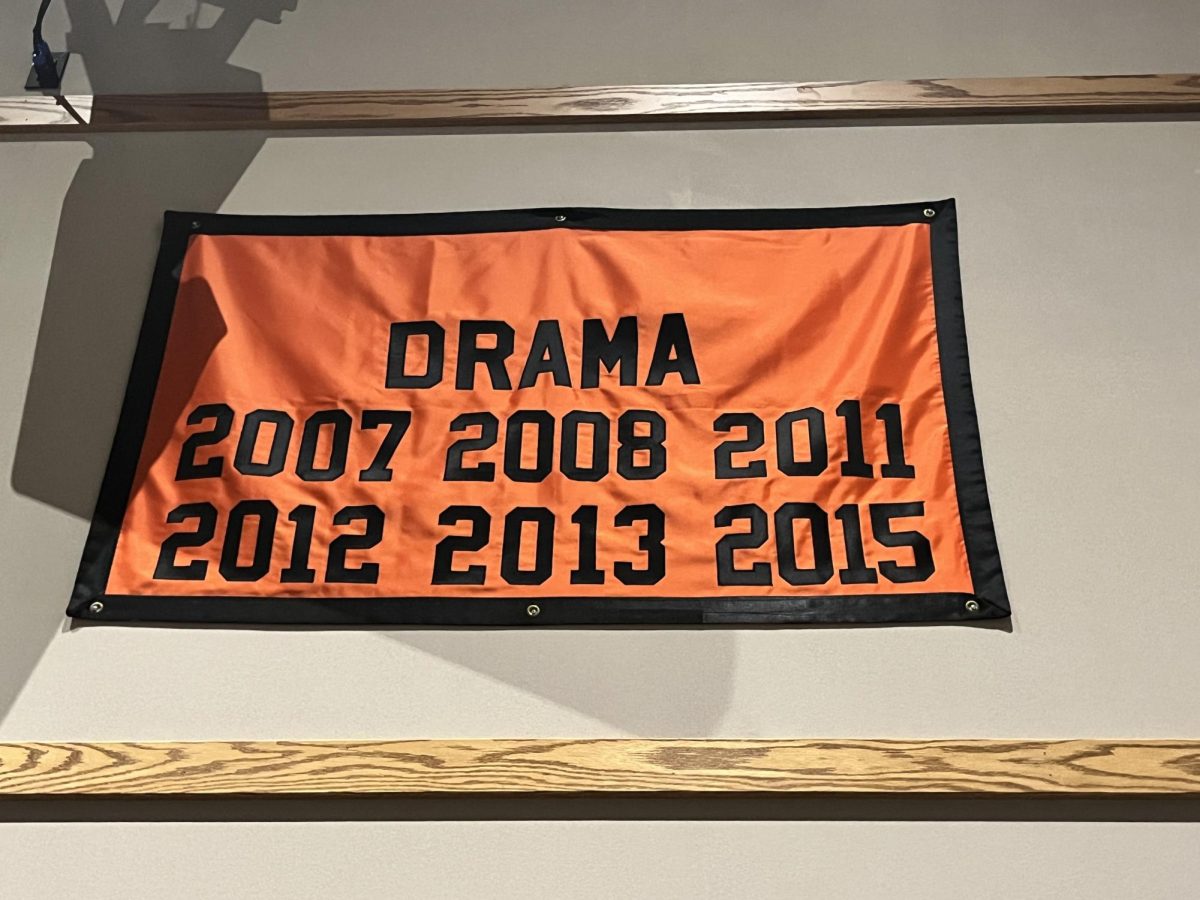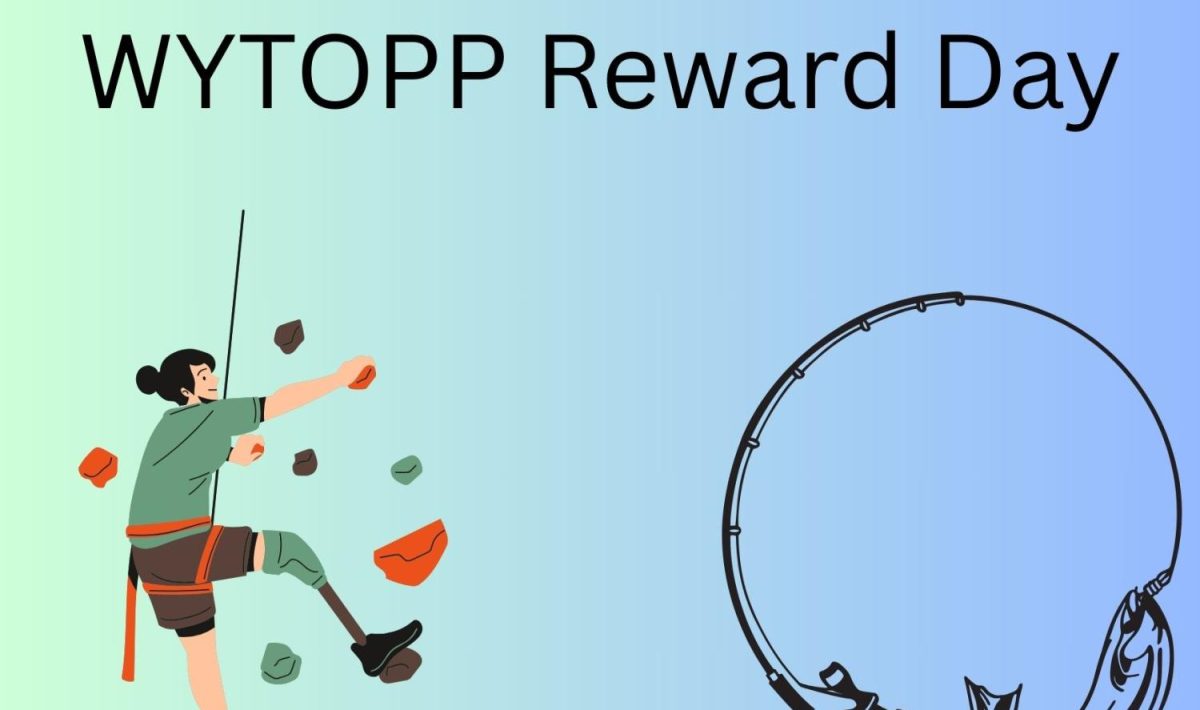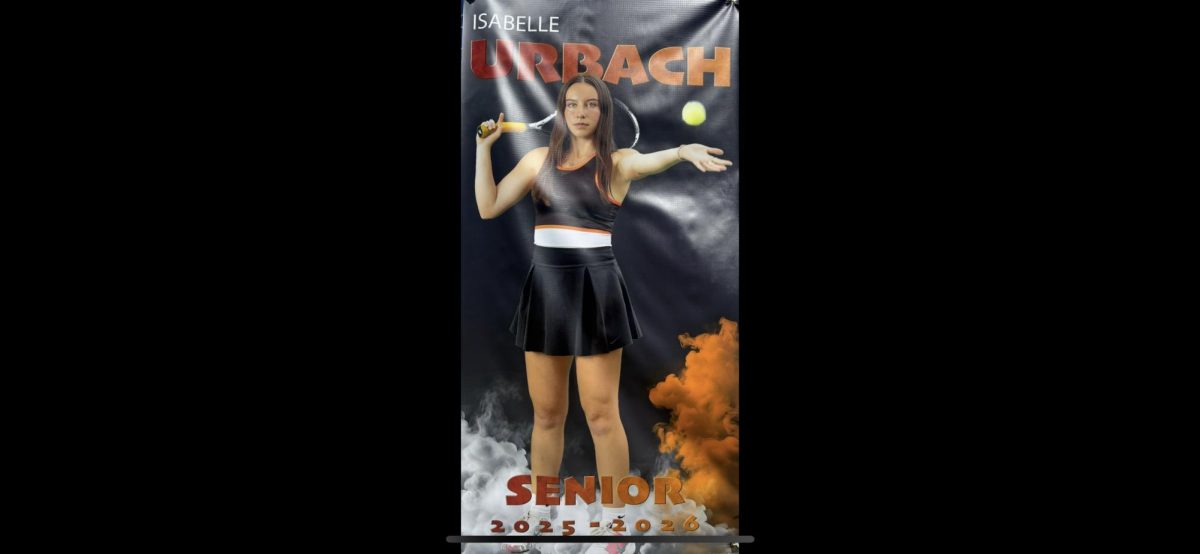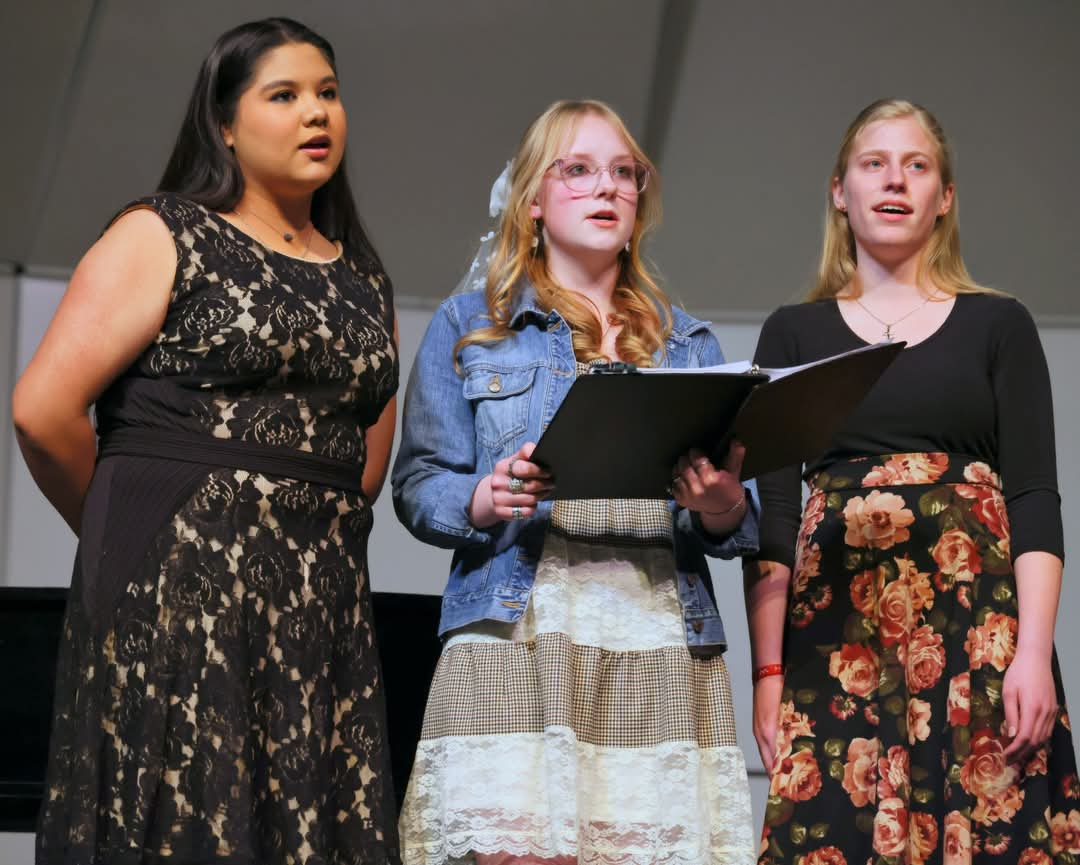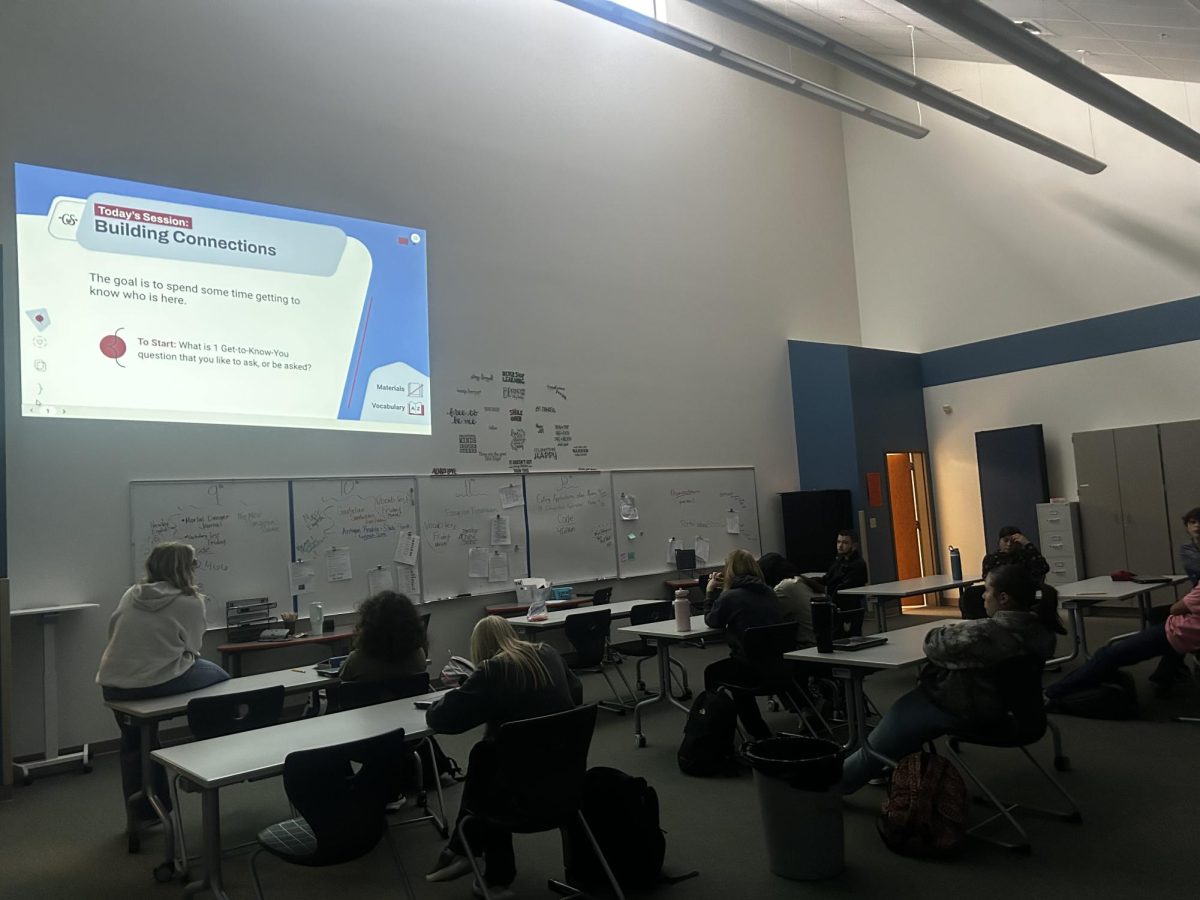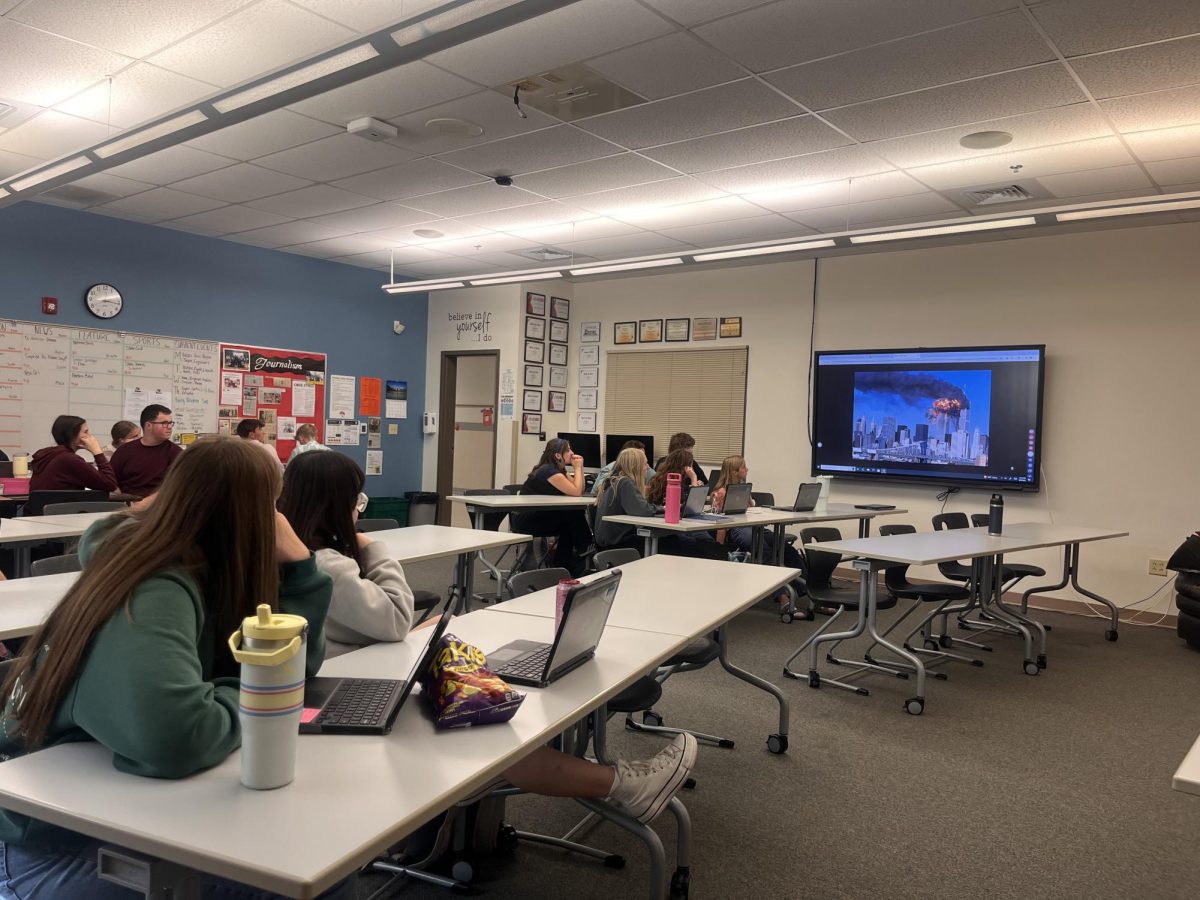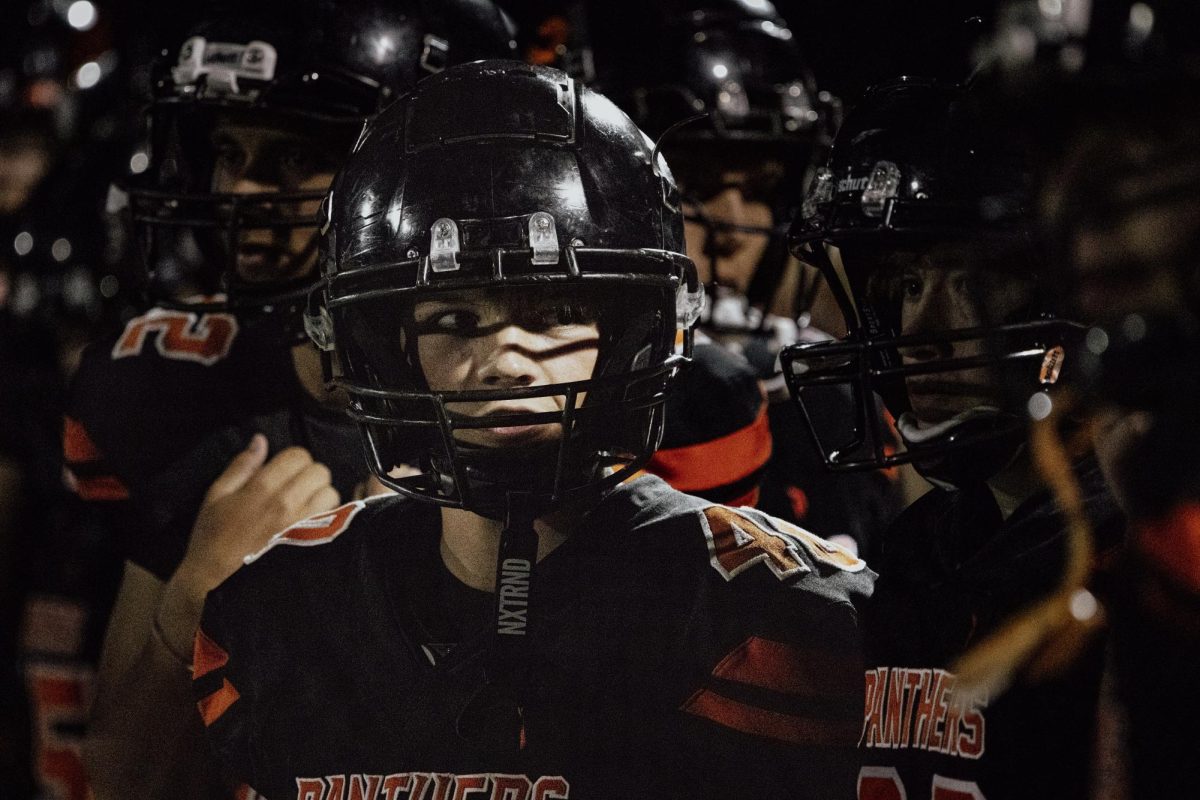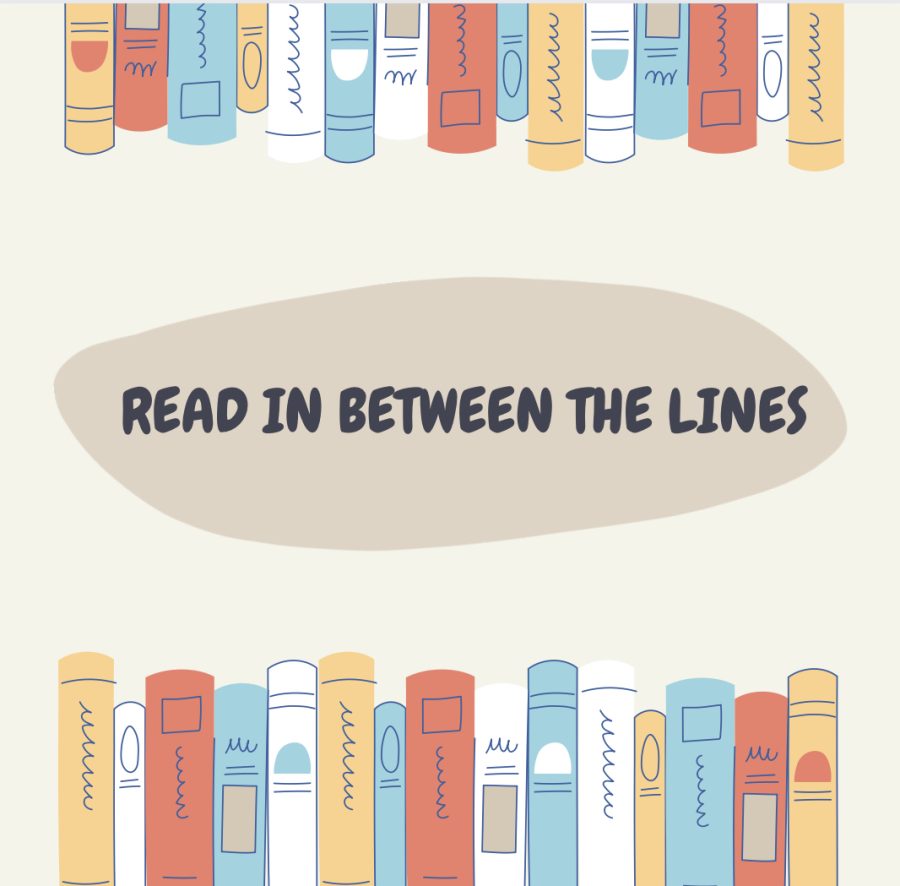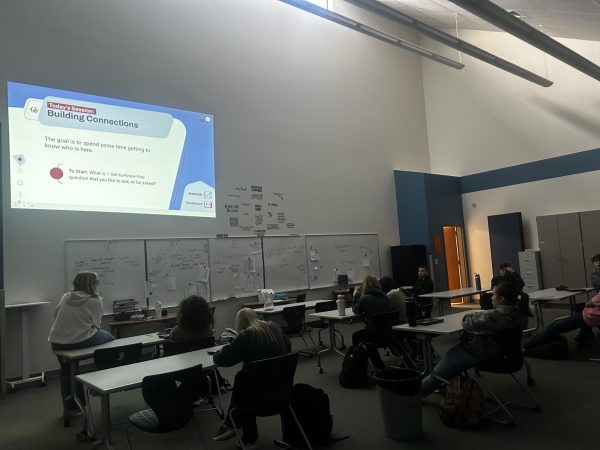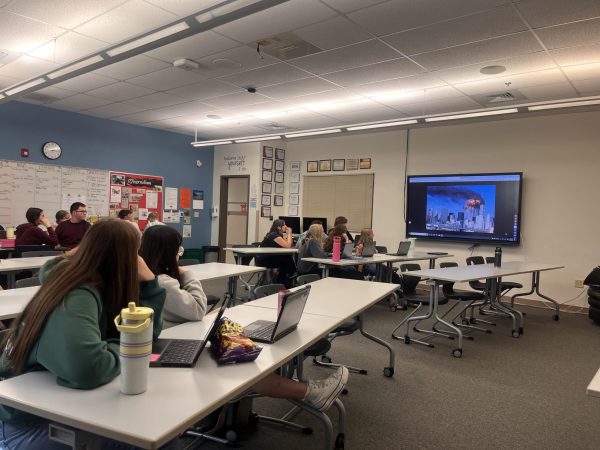READ IN BETWEEN THE LINES
Students share their thoughts on the renewed book policy
Photo Graphic Courtesy of Emma Johnson
The recent district-wide reevaluation of the book policy inside school libraries has raised a few eyebrows in the community. Now with the policy in place, some high school students share their mixed feelings on this historic moment.
The recent district-wide reevaluation of the book policy inside school libraries has raised a few eyebrows in the community. The students, the group most affected by this, deserve a say in the matter.
“I feel like people should be allowed to read what they want,” sophomore Sophia Petrie said. “It’s not necessarily up to schools to dictate that. As long as the book is open to them, it’s their choice whether or not they want to read it.”
This new policy categorizes books, allowing certain categories for all grade levels. Category one can be read at any grade level. Category two is limited to fifth grade and above. Category three is seventh and older. Category four is only available in high school. Category 5 is banned from all school libraries and is classified as having, “Explicit sexual nudity, obscene references to sexual activities, and [being] profoundly pornographic.” For more information on how the categorization works, see: A New Page In The Chapter
“I strongly disapprove [of the new policy],” senior Ethan Cearlock said. “I wrote an email to the superintendent stating as much. I am certain that with the entire internet at our fingers, sexually explicit stories are not corrupting us, in fact, they’re some of the most important, moving, and realistic narratives about sexuality that can be found.”
The categorization of books also includes the ability of parents to restrict their kids from reading books that they might deem inappropriate.
“Our old policy was not great. It was overly vague, and did not have a reasonable process by which our public could ask the schools to reconsider some materials.” PCSD1 Superintendent Mr. Jay Curtis said. “[The new policy] will provide parents with easier tools to use to take a role in what books they want their own children to have access to, and provide a better process for reconsideration of materials.”
See: Read Them Their Rights on The Prowl to read more about the parents’ new role in choosing what material their children have access to.
“A parent always wants what’s best for their kid,” sophomore Jenessa Polson said. “If they think that something isn’t inappropriate for their kids, they are going to try to protect them from that. So I think that [the new policy] is good protection wise.”
Another concern for students is the removal of beloved classics that don’t meet the requirements that the categorization has put in place.
“Maybe not necessarily within our school districts, but I know they’re talking about banning books like Lord of the Flies or Fahrenheit 451,” Petrie said. “Those are books that we’re reading right now in our AP classes, and that would definitely change our curriculum if books like that were banned.”

